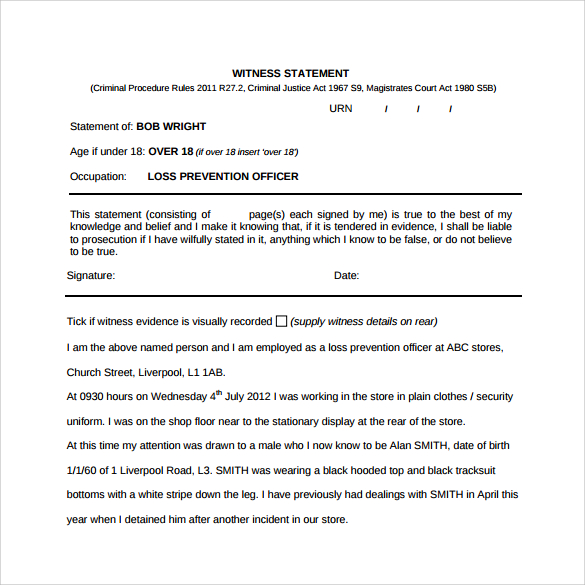
Having certified, return receipts for the letters would be even better for your case. If you plan on using letters to support your case, it is best if you can find the originals. Sometimes it can take up to 2 weeks to get a certify copy, so it is very important to make sure you check your deadlines for filing a motion or response and give yourself enough time to get the certified records. Usually, the official record keeper for the institution will stamp the document to show that the document is a true and complete copy of the original. Generally, there is a small fee for certification. It is helpful if you can produce certified copies of the documents to submit to the court.įor school or medical records, you can ask the records clerk at the school or hospital to certify your records. When you attach these additional documents, you need to state in your affidavit that the documents you are attaching are genuine and that they were not changed in any way. Sometimes you may need to attach documents (such as letters or school or medical records) to your motion or your response to show the court that what you are saying is true. For example: “I solemnly affirm under the penalties of perjury and upon personal knowledge that the contents of the foregoing paper are true.” The affidavit must be signed by you, and swear (or affirm) under the penalties of perjury that what you are saying is true.

An affidavit is a special document that promises that the statement you are making is true. In these cases, Maryland law says that you have to file a document called an “affidavit” along with your motion or response.


The statements you are making may have never been included in any papers filed with court, nor been mentioned in front of the court. Sometimes when you file a motion or a response to a motion with the court, you may make statements about information that the court does not know.


 0 kommentar(er)
0 kommentar(er)
